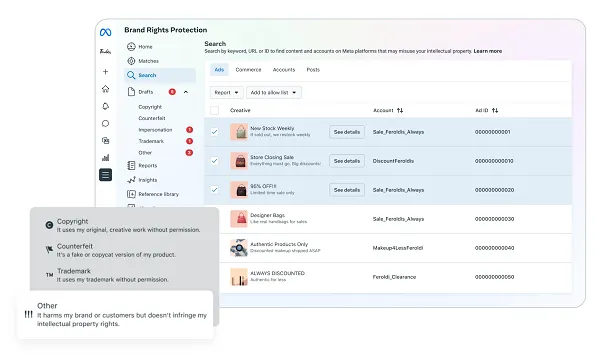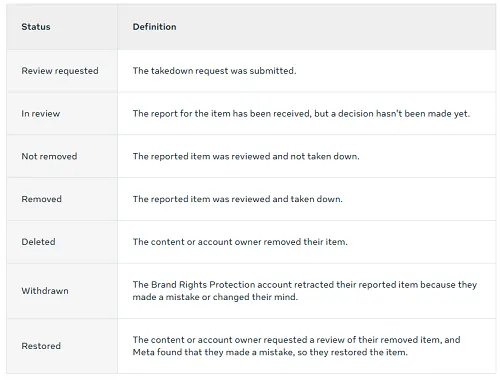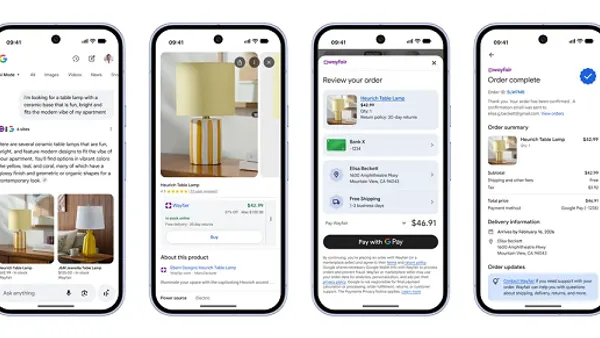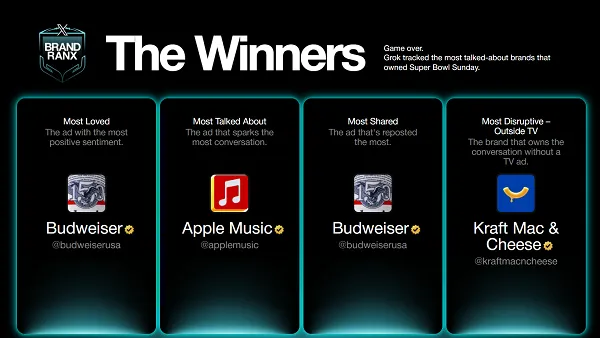Meta’s adding some new elements to its Brand Rights Protection system, which will give IP holders more capacity to report violations, as well as related concerns within their niche, helping Meta refine and improve its enforcement measures.
First off, after beta testing it for a few months, Meta’s now going live with its expanded reporting functionality, which enables all businesses that are enrolled in Brand Rights Protection to report suspected scam ads at scale.

And interestingly, Meta will also now enable brands to request action on ads that don’t explicitly use their IP, via a new “Other” category.
So what’s this for exactly?
As per Meta, brands can also use this to request action on:
“Ads that promote products, services, schemes or offers using deceptive or misleading practices, including those suspected to scam people out of money or personal information, and otherwise do not involve a rights holder’s intellectual property.”
Which seems like it doesn’t quite fit in Brand Rights Protection manager, but it’s a related element, which Meta has incorporated into the reporting flow, in order to use the broader industry knowledge of rights holders to investigate such violations.
Meta has also redesigned its takedown request experience, with fewer steps required to lodge a concern. The addition of new search options within the “Reports” tab could make it easier to find info on your reports.
It’s also updated its report status notes, in order to make the listings easier to understand:

These are some good updates, and Meta’s Brand Rights Protection Manager is becoming a powerful tool to help combat scams and impersonation.
The platform also now includes AI image matching, based on reference images of your products, to detect potential concerns across its apps, and as Meta looks to incorporate more shopping-focused elements, this is an important consideration, giving rights holders peace of mind in ensuring that they have some form of recourse to protect themselves.
And it is having an impact. Meta says that throughout 2024, it removed more than 157 million pieces of ad content from Facebook and Instagram due to violations of its fraud and scam policies.
Of course, the irony here is that, on the flip side, Meta’s violating the rights of content IP holders to train its AI models.
But that’s something else, and it is good to see Meta providing more assurance tools to protect brands.
You can read more about the latest Brand Rights Protection updates here, while you can apply for Brand Rights Protection access here.











